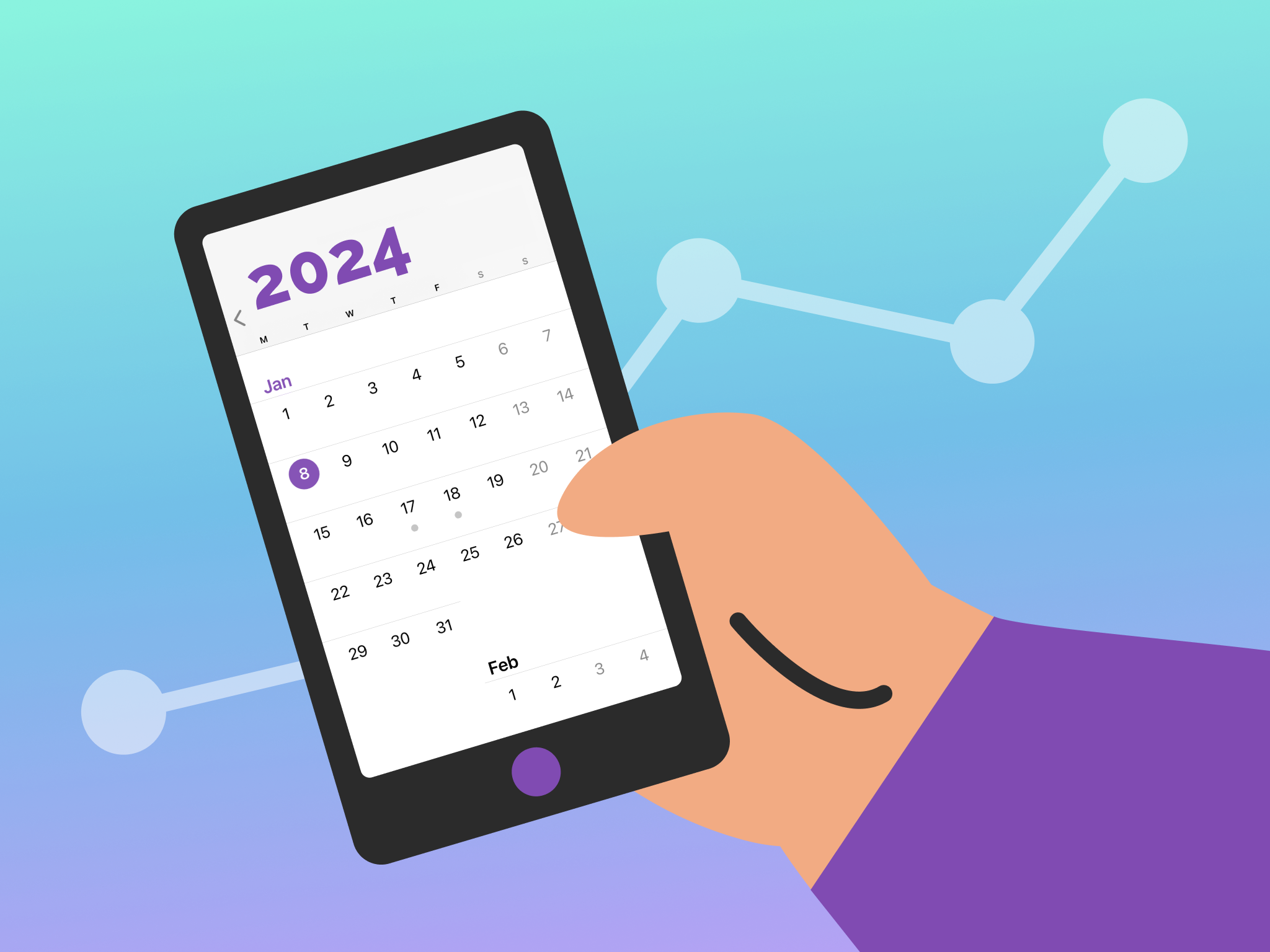Not so long ago, we wrote about the cookieless future and how advertisers could prepare for it. Now that future is here, and as third-party cookies are phased out, data privacy compliance continues to evolve, with marketers developing new identity solutions that don’t rely on third-party cookies.
These cookieless identity solutions are adtech solutions and methods that allow advertisers to track and identify website visitors without using third-party cookies, allowing for targeted advertising that respects consumer privacy.
Today, we’re going to walk you through six new and emerging cookieless identity solutions, their benefits and drawbacks, and how you can use them to target users with your ads.
5 Current and Emerging Cookieless Identity Solutions
These privacy-compliant data sources will enable you to employ targeting solutions that enhance your programmatic advertising efforts.
1. First-Party Data
This is the most privacy-friendly approach to identity resolution as it relies on data the user has explicitly shared with your business. This data can include things like email addresses, phone numbers, and purchase history.
First-party data is extremely reliable as users have explicitly agreed to share it and belongs exclusively to the business that collects it. However, it can be limited in scope, as it depends on the size of your list, and not all users will be willing to share their personal information.
2. Universal IDs
A universal ID is a unique identifier that advertisers can use to track users across different websites and devices without third-party cookies. They are different from first-party data, which can include various types of customer data, such as IP addresses and email addresses, whereas a universal ID is usually generated using just an email address.
This ability to track users across sites and devices can be helpful for advertisers wanting to target users with relevant ads. However, some people have raised privacy concerns around universal IDs, as they can be used to track users without their consent. Additionally, universal IDs can be blocked by browsers and privacy-focused ad blockers.
Unified ID 2.0 is a universal ID solution developed by The Trade Desk. Unified ID 2.0 uses a combination of first-party data and encrypted identifiers to track users across different websites. It uses anonymized email addresses as an identifier in place of third-party cookies.
The biggest advantage of Unified ID 2.0 is that it’s supported by a wide range of publishers and advertisers, making it a more viable solution for tracking users across different websites. But the solution is still under development, and it’s not clear how widely it will be adopted. In addition, Unified ID 2.0 may not be as effective as traditional third-party cookies at tracking users across different websites.
3. Contextual Targeting
Contextual targeting was popular in the early days of the internet but fell out of favor in the 2010s with the advent of social media and the rise of behavioral targeting. Now, though, contextual targeting is on the rise again, and the global market is projected to be worth $335.1 billion by 2026.

Through contextual targeting, advertisers serve ads that align with the content of the webpage the user is viewing based either on content keywords or category. For instance, a skincare brand might target keywords such as “organic skincare” or “best moisturizer 2023.” Alternatively, you could select broad categories such as “face and body care” or “beauty and fitness,” enabling you to reach a large audience quickly.
This approach may be less precise than third-party cookie targeting, but it’s also more privacy-friendly. Contextual targeting is less likely to be blocked by users, as it does not rely on cookies. That said, it can be less effective as it relies on the context of a user’s search, which may not necessarily be accurate.
4. Clean Rooms
A clean room is a secure environment where data from different sources can be aggregated, anonymized, and shared without directly accessing any sensitive information. This allows advertisers to use data from different sources to target users with relevant ads without compromising their privacy.
Therefore, clean rooms are a privacy-friendly way to target users with relevant ads. Additionally, they can be used to combine data from different sources to create more accurate targeting profiles. However, clean rooms can be expensive to set up and maintain. Plus, the data that can be shared in clean rooms is limited, which can impact the accuracy of targeting profiles.
5. Federated Learning of Cohorts (FLoCs)
This is a proposal by Google for a privacy-friendly way to track users across websites. FLoCs would group users together based on their interests without identifying individual users.
The advantage of FLoCs is that they are privacy-friendly, as they do not collect or share any personal information about individual users. Their disadvantage is that they may not be as accurate as third-party cookies, as they are based on aggregated data.

The Benefits and Drawbacks of Cookieless Identity Solutions
The benefits of cookieless identity solutions include the following:
Enhanced Privacy
Cookieless identity solutions prioritize user privacy by reducing the reliance on persistent identifiers like third-party cookies. This can help prevent unauthorized tracking, data leakage, and profiling of user behavior.
Regulatory Compliance
As privacy regulations like GDPR and CCPA impose stricter requirements on data collection and user consent, solutions that minimize or eliminate the use of cookies can help businesses stay compliant.
Longer-Term Tracking
Cookies have limitations, such as expiration dates and the potential for users to clear them. Cookieless identity solutions can offer more persistent and reliable tracking over longer periods, providing better insights into user behavior.
Improved User Experience
Cookieless identity solutions can contribute to a smoother and less cluttered customer experience by reducing the number of consent prompts and pop-ups related to cookie tracking.
Future-Proofing
As browser vendors and tech companies like Google continue to phase out support for third-party cookies, adopting cookieless identity solutions can help businesses stay ahead of the curve and maintain effective tracking and targeting capabilities.
However, these solutions also have their drawbacks, including:
High Initial Investment
Cookieless identity solutions can be more expensive than third-party cookies, as they require more sophisticated technology. For example, clean rooms can be particularly expensive for smaller companies, while acquiring first-party data requires businesses to invest time and money into data collection efforts.
Lack of Interoperability
Not every solution is interoperable across the adtech ecosystem, which can complicate things for advertisers, who have to adopt multiple tools and platforms.
For example, some solutions won’t be compatible with certain publishers, so you may not be able to use them. Plus, cookieless identity solutions can encompass a variety of different technologies, such as device fingerprinting and federated learning. This can make it difficult for organizations to integrate different solutions into their existing systems.

It’s Time for the Cookie to Crumble
Gathering privacy-safe data sets will be essential for any advertiser who wishes to stay relevant in a cookieless world. While the many cookieless identity solutions available might seem overwhelming, we recommend you start by focusing on gathering your own first-party data. Check out this guide to creating your first-party data strategy to help you get started.






